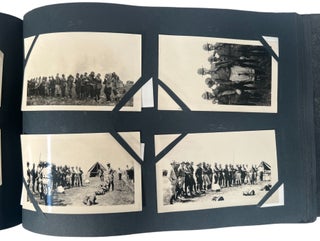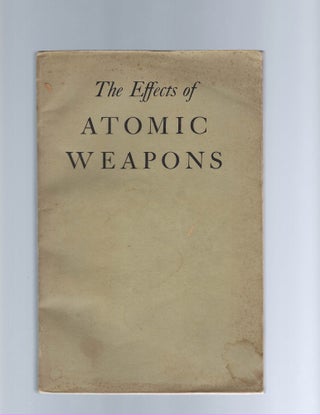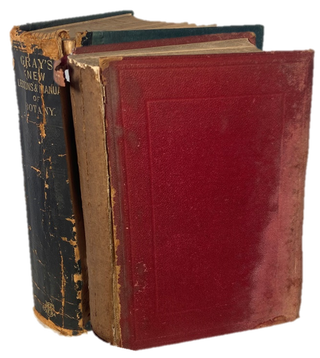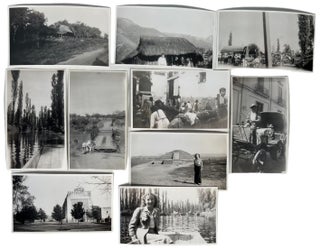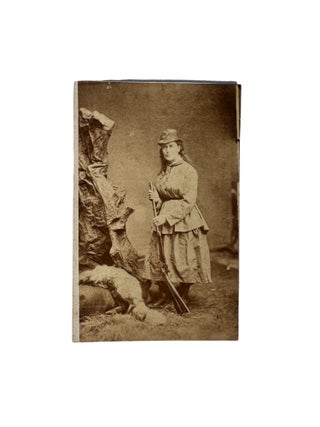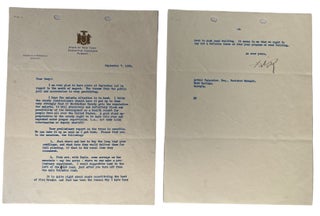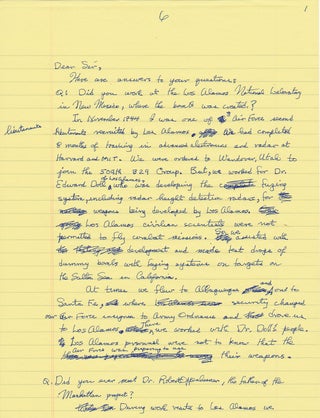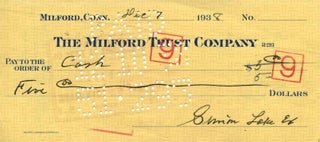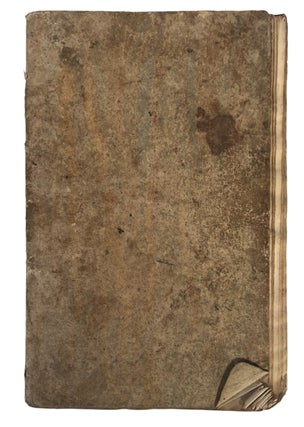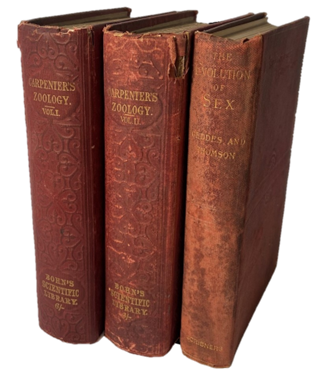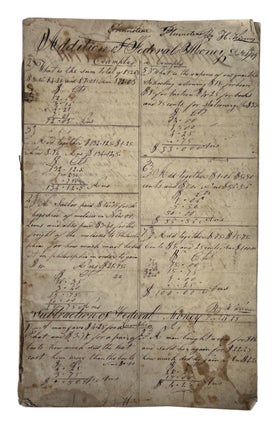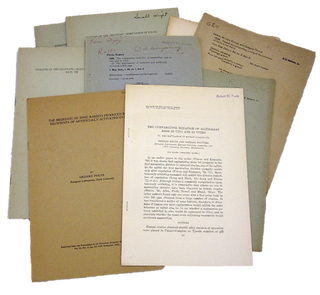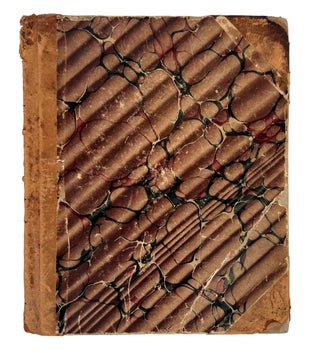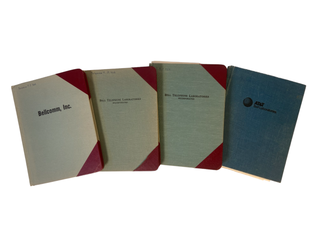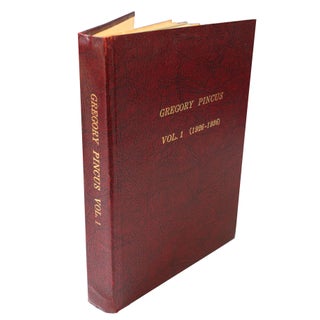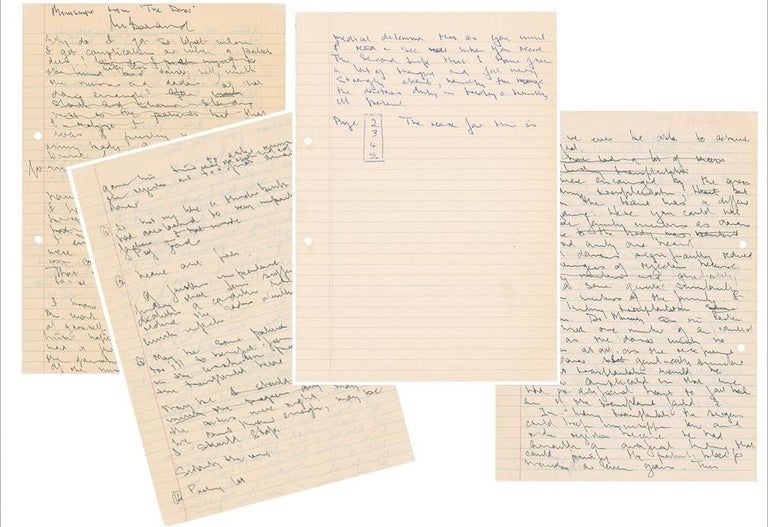
Surgeon Christiaan Barnard Autograph Manuscript Discussing His Experiences Performing Early "Heart Transplantation"
Manuscript
South African surgeon who, in 1967, performed the first human-to-human heart transplant. 4 page Autograph Manuscript Signed “Ch. Barnard,” with no date but circa 1995. A portion of Barnard’s draft for his 1996 work The Donor in his difficult to decipher hand, headed “Manuscript from ‘The Donor,’” mentioning “artificial heart,” “heart transplantation,” “surgeon,” “artificial kidney,” and “complications.” Barnard makes several edits and corrections throughout.Barnard performed the world's first human heart transplant operation on 3 December 1967, in an operation assisted by his brother, Marius Barnard; the operation lasted nine hours and used a team of thirty people. The patient, Louis Washkansky, was a 54-year-old grocer, suffering from diabetes and incurable heart disease. Barnard later wrote, "For a dying man it is not a difficult decision because he knows he is at the end. If a lion chases you to the bank of a river filled with crocodiles, you will leap into the water, convinced you have a chance to swim to the other side." The donor heart came from a young woman, Denise Darvall, who had been rendered brain damaged in an accident on 2 December 1967, while crossing a street in Cape Town. After securing permission from Darvall's father to use her heart, Barnard performed the transplant. Rather than wait for Darvall's heart to stop beating, at his brother, Marius Barnard's urging, Christiaan had injected potassium into her heart to paralyse it and render her technically dead by the whole-body standard. Twenty years later, Marius Barnard recounted, "Chris stood there for a few moments, watching, then stood back and said, 'It works.'" Washkansky survived the operation and lived for 18 days. However, he succumbed to pneumonia as he was taking immunosuppressive drugs. Though the first patient with the heart of another human being survived for only a little more than two weeks, Barnard had passed a milestone in a new field of life-extending surgery.
Barnard was celebrated around the world for his accomplishment.Barnard continued to perform heart transplants. A transplant operation was conducted on 2 January 1968, and the patient, Philip Blaiberg, survived for 19 months. Dirk van Zyl, who received a new heart in 1971, was the longest-lived recipient, surviving over 23 years. Barnard was also the first to perform a heterotopic heart transplant, an operation that he devised. Forty-nine consecutive heterotopic heart transplants were performed in Cape Town between 1975 and 1984.
Many surgeons gave up cardiac transplantation due to poor results, often due to rejection of the transplanted heart by the patient's immune system. Barnard persisted until the advent of ciclosporin, an effective immunosuppressive drug, which helped revive the operation throughout the world. He was also the first surgeon to attempt xenograft transplantation in a human patient, while attempting to save the life of a young girl unable to leave artificial life support after a second aortic valve replacement. An important manuscript discussing a medical innovator's experiences in improving transplantation and patient survival. In fine condition.
Item #14905
Price: $2,500.00
See all items in
Autographs, Letters and Archives,
International items,
Science, Medicine, Technology
See all items by Christiaan Medecine- Barnard

